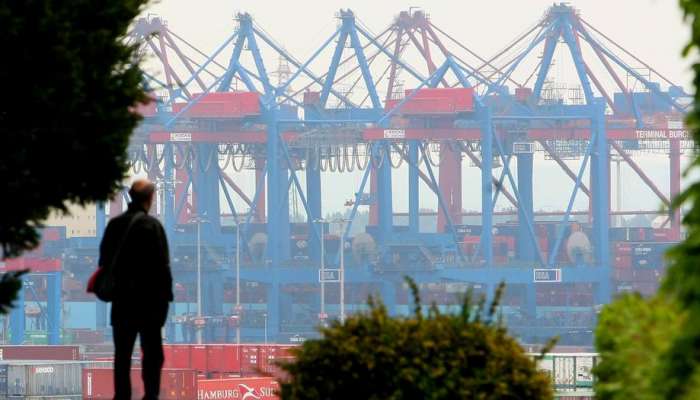
Paris: The Organisation for Economic Co-operation and Development (OECD) on Wednesday presented a slightly more optimistic outlook on growth in the world economy.
A fall in energy prices, the easing of supply chain bottlenecks and China's sooner-than-expected reopening have added to the recovery, but higher interest rates and stubborn inflation have both cast a shadow.
What the OECD report said
The Paris-based organisation foresaw economic expansion of 2.7%, up from 2.6% in its last report in March.
Despite the improvement, the latest report noted that this was still "the lowest annual rate since the global financial crisis, with the exception of the 2020 pandemic period."
"This projected recovery, while almost unchanged from our interim projections in March, maintains the slightly more optimistic outlook that had been predicted and which we are now seeing materialise," OECD Secretary-General Mathias Cormann said.
Core inflation, which does not include volatile energy and food prices, is higher than previously expected. The OECD said this may force central banks, which have already increased interest rates to try to tame consumer prices, to make further hikes to borrowing costs.
However, the report noted that this could also have its risks, by exposing countries and institutions with high levels of debt. The collapse of US regional lender SVB was partly blamed on high rates bringing down the value of its bond portfolio.
"Policymakers must get inflation durably down to target and unwind broad fiscal support by better targeting fiscal measures," Cormann said.
Warning that risks remain stark
The OECD upgraded predictions for the United States, China and the eurozone, but said that while growth had stabilised, improvement was fragile and risks were "tilted to the downside."
"Uncertainty over the evolution of Russia's war of aggression against Ukraine and its global impact remains a key concern," the OECD said. "Some of the favourable conditions that helped to reduce energy demand this year, like a mild winter in Europe, may not be repeated next year."
The OECD pointed out signs of improvement in a previous report in March that forecasted growth below the long-term growth trend.
At that time, the OECD upped its 2023 outlook for the global economy to 2.6% growth compared to 2.2% percent in its previous forecast in November.